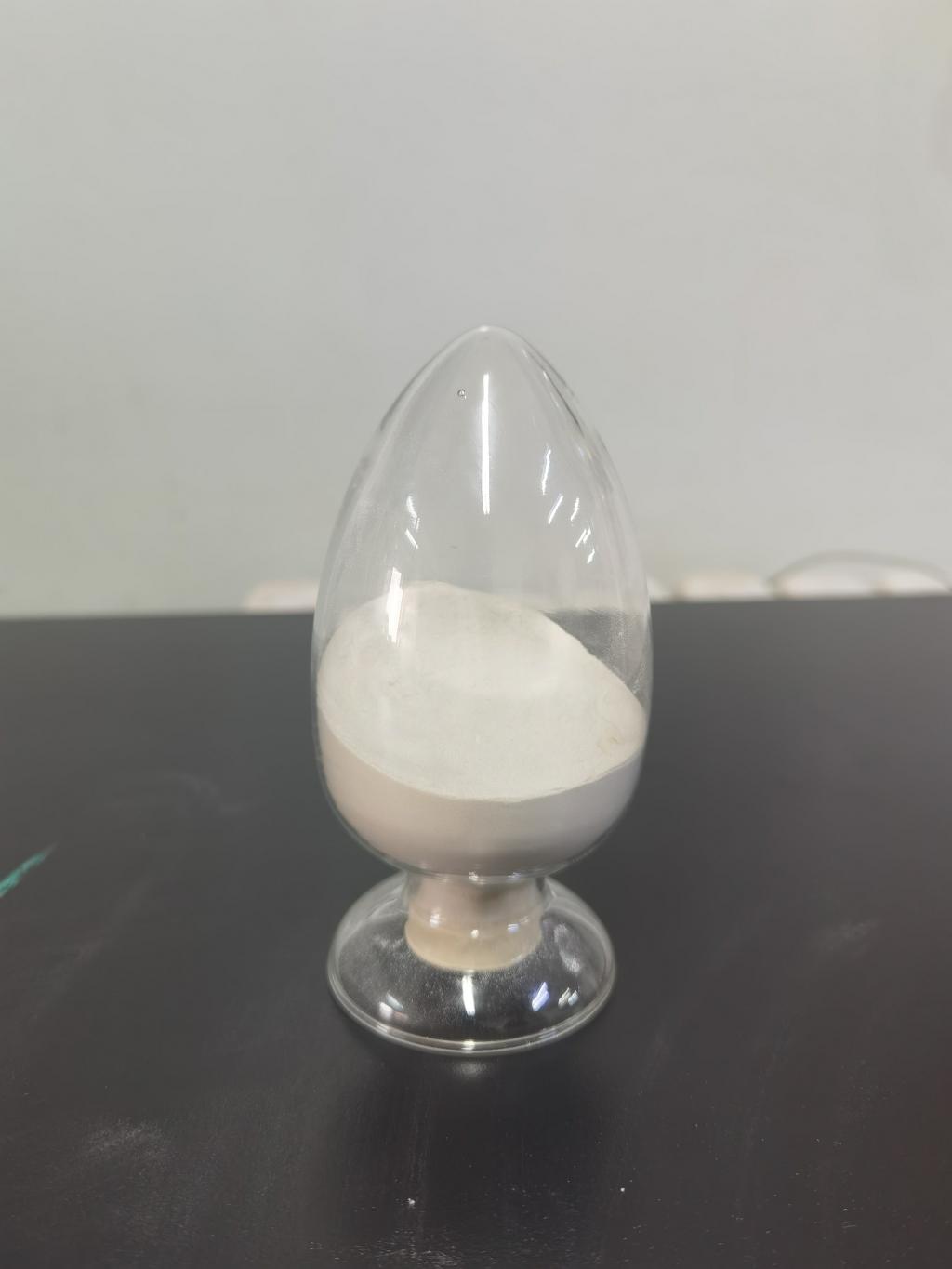Tel:+8618231198596

News
 CONTACT
CONTACT
 CONTACT
CONTACT
- Linkman:Linda Yao
- Tel: +8618231198596
- Email:linda.yao@dcpharma.cn
- Linkman:CHARLES.WANG
- Department:Overseas
- Tel: 0086 0311-85537378 0086 0311-85539701
News
Current Position:
Home >
News
>Nisin's applications in supporting food safety efforts in disaster relief.
Nisin's applications in supporting food safety efforts in disaster relief.
TIME:2023-08-28
Challenges in Food Safety During Disasters:
Lack of Refrigeration: Natural disasters can disrupt power supply and damage refrigeration infrastructure, leading to temperature fluctuations that accelerate bacterial growth and spoilage.
Contaminated Water Supply: Contaminated water sources increase the risk of foodborne illnesses when used for food preparation and cleaning.
Limited Access to Resources: Disaster-affected areas often face resource scarcity, making it difficult to implement traditional food safety measures.
Increased Vulnerability: Displaced populations and disrupted supply chains can lead to compromised food safety oversight.
Nisin's Role in Addressing Food Safety Challenges:
Pathogen Inhibition: Nisin's potent antimicrobial properties make it effective against a wide range of bacteria, including common foodborne pathogens like Salmonella, Escherichia coli, and Listeria. Incorporating nisin into food aid can help prevent the proliferation of harmful microorganisms, reducing the risk of foodborne illnesses.
Extended Shelf Life: Nisin's preservative effects can significantly extend the shelf life of perishable foods, providing a buffer against the challenges of limited refrigeration and long transportation times in disaster-stricken areas.
Water Source Disinfection: Nisin's antimicrobial activity extends to water sources as well. It can be used to treat water for food preparation, reducing the risk of cross-contamination and waterborne diseases.
Minimal Equipment Requirements: Nisin's application does not require complex equipment or specialized training, making it suitable for use in resource-limited environments.
Clean Label Solution: In disaster situations, transparency about food ingredients is crucial. Nisin's status as a natural, GRAS (Generally Recognized as Safe) ingredient aligns with clean label preferences.
Applications of Nisin in Disaster Relief and Emergency Response:
Food Aid Packaging: Incorporating nisin into food packaging materials can help maintain food safety by creating a barrier against pathogen growth and extending shelf life.
Ready-to-Eat Meals: Pre-packaged ready-to-eat meals, fortified with nisin, can be distributed to disaster-affected populations. These meals remain safe for consumption even in the absence of proper refrigeration.
Water Treatment Tablets: Nisin-infused water treatment tablets can serve a dual purpose by ensuring both water safety and food preparation hygiene.
Local Food Preservation: In regions where local food production is feasible, nisin can be introduced to traditional food preservation methods, enhancing safety and reducing food wastage.
Considerations and Challenges:
Dosage Optimization: Determining the appropriate concentration of nisin for different food items and environmental conditions is critical to ensure its effectiveness without affecting taste or quality.
Cultural Acceptance: Local food preferences and cultural practices need to be considered when incorporating nisin into traditional dishes.
Regulatory Approval: Nisin's use in disaster relief food aid might necessitate regulatory approval, requiring streamlined processes to ensure timely deployment.
Collaborative Efforts: Collaboration between food scientists, relief organizations, and local communities is essential for successful implementation.
Conclusion:
In disaster relief and emergency response scenarios, ensuring food safety is paramount to prevent further health crises. Nisin's remarkable antimicrobial properties and ability to extend shelf life make it an invaluable tool in addressing food safety challenges during such situations. By incorporating nisin into food aid packaging, ready-to-eat meals, water treatment tablets, and local food preservation methods, it is possible to provide safer, longer-lasting food options to vulnerable populations. As we continue to explore innovative solutions for enhancing food safety in disaster settings, nisin stands out as a natural and effective ally in our efforts to provide nourishment and protection to those in need.
- Tel:+8618231198596
- Whatsapp:18231198596
- Chat With Skype







